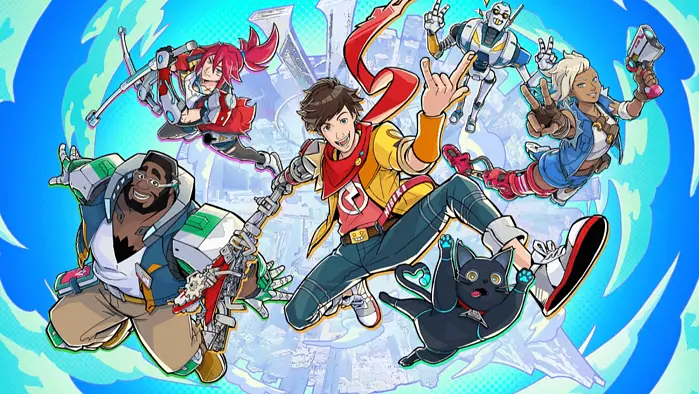Hi-Fi Rush future no longer in limbo as PUBG publisher came to Tango Gameworks' rescue
Microsoft announced Tango Gameworks' closure a while ago
2 min. read
Published on
Read our disclosure page to find out how can you help MSPoweruser sustain the editorial team Read more
Key notes
- Krafton acquired Tango Gameworks, the studio behind Xbox hit Hi-Fi Rush, and the game’s IP.
- Microsoft announced Tango’s closure a little while ago, possibly due to financial pressure.
- Unfortunately, other affected studios weren’t as lucky.

Krafton, a South Korea-based publisher behind the popular battle royale online game PUBG, comes to the rescue for Tango Gameworks. Months ago, the latter’s employees’ future was in limbo as Microsoft announced its closure.
The PUBG makers now said that it’s acquired both Tango Gameworks and Hi-Fi Rush IP from Xbox, allowing Tango to continue the development of Hi-Fi Rush and explore new projects, coupled with collaboration from Xbox and ZeniMax for a smooth transition.
“Krafton intends to support the Tango Gameworks team to continue its commitment to innovation and delivering fresh and exciting experiences for fans. There will be no impact on the existing game catalog of The Evil Within, The Evil Within 2, Ghostwire: Tokyo, and the original Hi-Fi RUSH game,” says the South Korean company.
A few months ago, the Redmond tech giant closed some of its several gaming studios. Tango Gameworks, the Japanese studio behind the surprise hit Hi-Fi Rush, was among the affected ones alongside Arkane Austin and Alpha Dog Studios. The other studios, unfortunately, have not been as fortunate after the closure’s announcement.
The announcement was met with a shock, especially since Tango delivered high results for Hi-Fi Rush. The studio had two million players just a month after the game’s release with a Microsoft exec calling it a “breakout hit” that exceeds “all key measurements and expectations” despite being a surprise release.
An ex-Microsoft employee then suggested revenue struggles and pressure for returns drove closures, especially with the financial pressures related to Game Pass’s slowing growth and the costly Activision deal.
With subscription revenue not keeping pace with development costs, Microsoft is under pressure to make tough decisions, impacting smaller studios.









User forum
0 messages